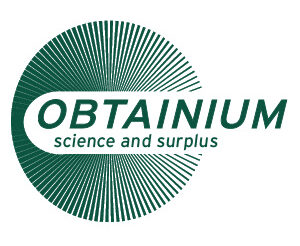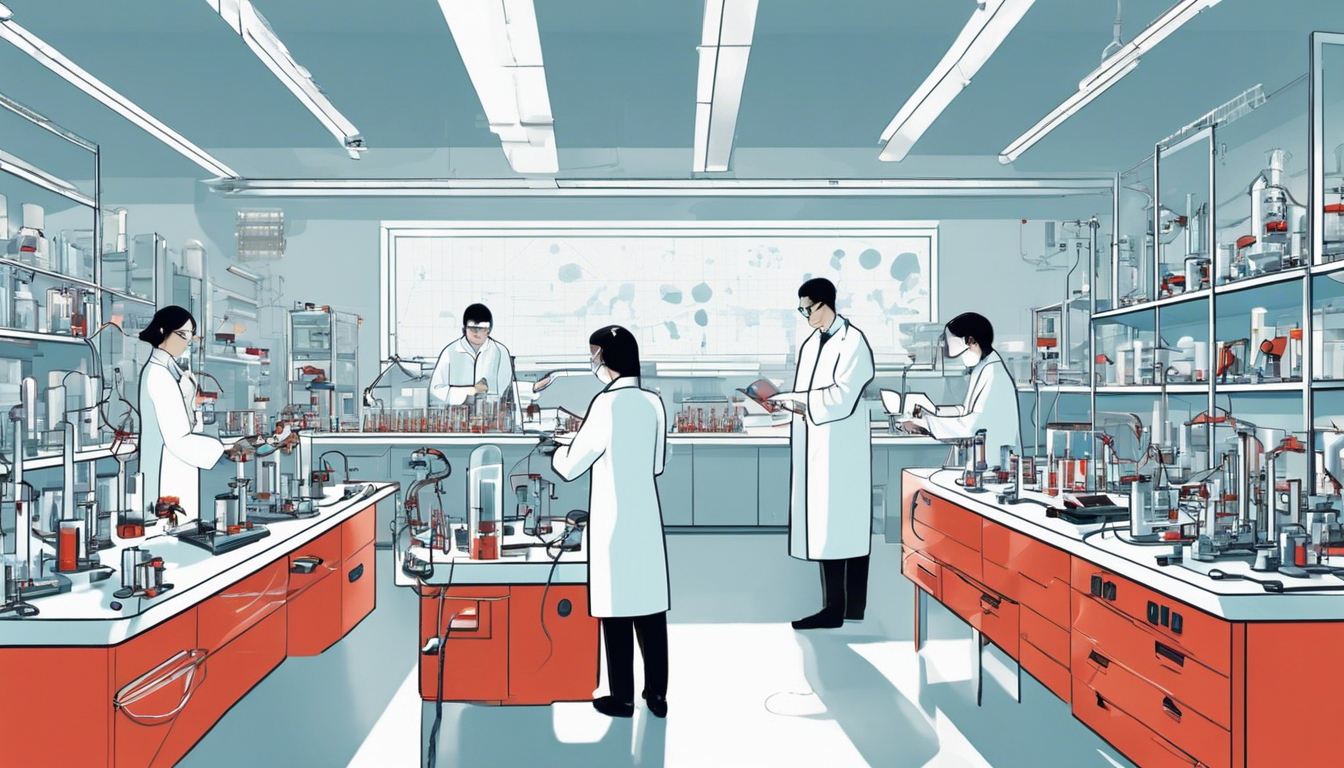Lithium-ion batteries have become synonymous with advancements in electric vehicles (EVs) and energy storage systems. However, the soaring costs associated with traditional battery materials continue to pose a hurdle for wider adoption. Researchers at Guangdong University of Technology have recently announced a groundbreaking advancement that may change the game for lithium-ion battery technology. By optimizing lithium-rich manganese oxides (LMROs), this breakthrough could significantly reduce the cost of EVs, making them more accessible to the average consumer and transforming the landscape of sustainable transportation. In this article, we’ll explore the implications of this discovery, the challenges associated with current battery technology, and how this innovation could help catalyze the shift towards more affordable and efficient electric vehicles.
Key Takeaways
- Guangdong University’s research could significantly lower the costs of electric vehicles by optimizing lithium-rich manganese oxides.
- Transitioning to more affordable battery materials may increase the accessibility of EVs to a broader audience.
- Improvements in energy efficiency and battery life for LMROs could revolutionize the next generation of lithium-ion batteries.
Overview of Lithium-Ion Battery Technology
Lithium-ion battery technology has become the cornerstone of modern energy solutions, powering everything from mobile devices to electric vehicles (EVs). A recent breakthrough by researchers at Guangdong University of Technology promises to revolutionize this field even further. Traditionally, lithium-ion batteries have relied on costly materials like cobalt, found in compounds such as lithium iron phosphate and lithium nickel manganese cobalt oxide. This reliance significantly drives up production costs, making EVs and energy storage systems less accessible to consumers. In contrast, lithium-rich manganese oxides (LMROs) have emerged as a promising yet underutilized alternative due to their potential for cost reduction. However, challenges with energy efficiency and battery life have hindered their widespread adoption. The innovative work at Guangdong University aims to optimize LMROs, targeting improved energy density and longevity while reducing overall manufacturing costs. This advancement not only paves the way for more affordable electric vehicles but also enhances energy storage solutions, making them more viable for consumers and businesses alike. As we move towards a more sustainable future, such improvements in lithium-ion battery technology are crucial in driving down costs and increasing accessibility to clean energy options.
Impact of Breakthrough on Electric Vehicle Affordability
The innovative research conducted by Guangdong University of Technology centers on the potential to reshape the electric vehicle (EV) market by addressing the cost barrier that many consumers face. As traditional battery materials become increasingly expensive due to their reliance on rare metals like cobalt, the energy landscape is ripe for change. With the optimization of lithium-rich manganese oxides (LMROs), the newfound approach not only aims to enhance the performance of batteries but also to streamline production processes, thereby lowering costs. By harnessing LMROs, manufacturers could produce batteries that deliver greater energy density with longer life cycles while minimizing the reliance on expensive components. This could ultimately lead to a significant price drop in electric vehicles, making them more appealing to both consumers and manufacturers. As the demand for sustainable transport solutions grows, advancements like this not only enhance the feasibility of EVs but also play a vital role in the broader transition to environmentally friendly energy systems.
About Obtainium Science and Surplus
Obtainium Science and Surplus has been a trusted source of surplus scientific and industrial equipment since 1999. Focusing on reliability and competitive pricing, Obtainium helps professionals and enthusiasts find unique and essential components. Visit Obtainium Science and Surplus to discover more.


